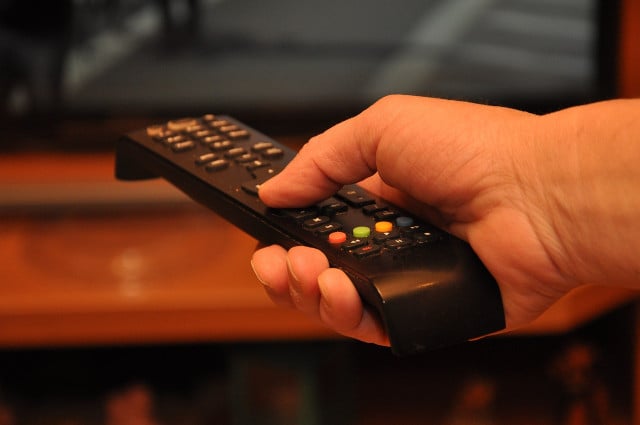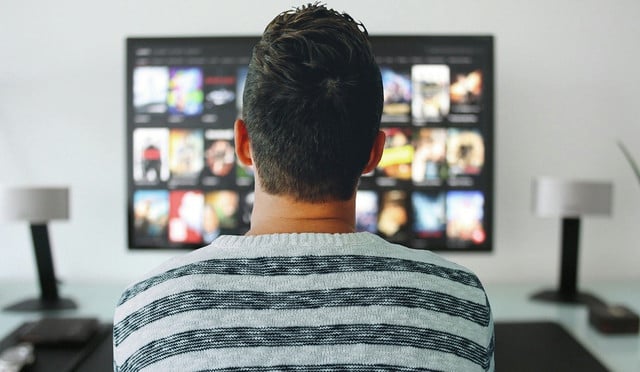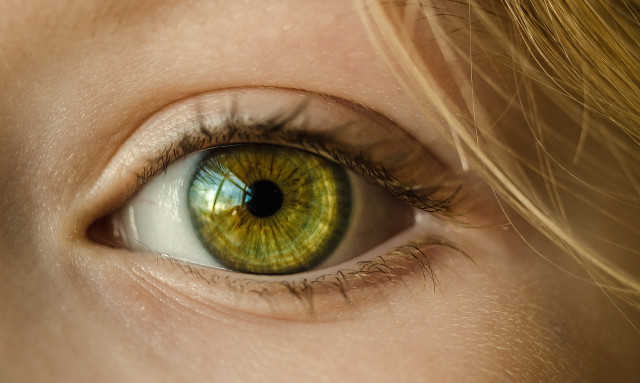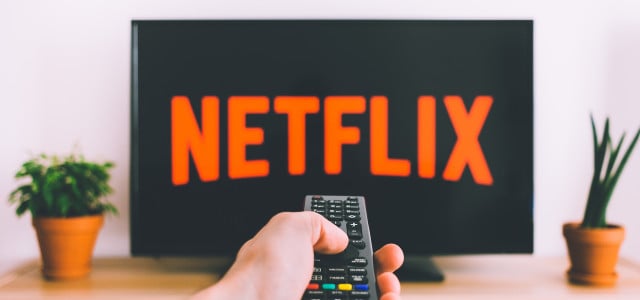Hate watching is when we view things just to deride them, and while it may make us smirk in the short term, are we drawing in negativity that may affect our well-being?
Hate-watching usually refers to the practice of watching a TV show, or movie, that we think of as being terrible, be that due to its content or subject matter. We watch to criticize, mock, and belittle the show, or movie’s failures. The term is closely related to the anti-fan movement, where shows can build a network of fans that hate it, but still watch it, due to the feelings of possible pleasure and bonding with other haters this activity may bring.
Perhaps the term has followed on from the ‘bad-is-good’ concept. We have probably all gained some pleasure from watching old movies, where the effects and acting may not be on par with today’s productions, but hate watching is specifically related to content, language, stereotypes, and relationships. While laughing at what we believe are poor shows, for example, we may find it helps us feel better about ourselves, but we must be careful that these finding fault experiences don’t spill out into other areas of our lives, where we may begin to mock and criticize other people and situations in our lives, where this may not be valid or appropriate.
Hate-watching is an activity at the end of the bad-is-good spectrum, and the clue is in its name – it may be an activity that evokes hate. Hate is a very strong emotion and one we should be safeguarding.
An Example of Hate Watching



(Foto: CC0 / Pixabay / renateko)
Hate-watching is a real, ongoing trend, especially amongst younger viewers, who have grown up with streaming digital services.
One example, which regularly appears when discussing hate-watching, is the Netflix show “Emily in Paris”. The show is hugely criticized on social media platforms. Still, it is one of Netflix’s most popular shows, with viewing figures nearly 8 times higher than the average US TV series, with seasons 3 and 4 recently confirmed.
The show has had numerous complaints for stereotyping, including a caricature of a Ukrainian woman, which Paris-based creator Eugenia Havrylko said was a ‘low-cost trick’ and a ‘shame’. Some concerns over hate-watching, as we discuss later, are that such stereotypes may filter through someone’s psyche and become part of their own outlook.
Why Do We Gain Pleasure From Hate-Watching?



(Foto: CC0 / Pixabay / mohamed_hassan)
You perhaps wouldn’t have thought that something that makes you cringe would bring pleasure, so it’s worth looking at the psychology of why we may love to hate.
- A 2017 study suggests that hate can make us feel good. Any type of strong emotion causes a reaction in our bodies and minds. However, other studies suggest hate doesn’t do us any good at all, with online hate also causing us harm.
- Happy hormones: Neurotransmitters, such as serotonin, dopamine, and oxytocin are released into our brains when we experience pleasure. So even loving to hate may seem positive to us.
- Hate-watching may take us out of our situation. We might use it as a form of escapism. It may be totally understandable, not only in relation to our own personal trials, but with the past few years of news about pandemics, climate change, and war, for example.
- Humans like making comparisons. When viewing shows and films, we often compare the characters’ lives to ours, their choices to what we might do, etc. This may cause us to feel better, or worse, as we confront our insecurities. If we feel superior, we may get a high from that, which may be why hate-watching can feel pleasurable.
- Hating can be a bonding experience. If you’ve watched a really bad show, it’s easy to go online, see what others have said and add your views.
Why Hate-Watching May Not Be Good for Us



(Foto: CC0 / Pixabay / Skitterphoto)
Hate-watching, as mentioned, is a move away from just noticing the pitfalls of what you may be viewing. It is a more critical process, where you begin to judge and condemn. We must question how healthy this can be, especially if it is a pattern of behavior we are going to repeat, and perhaps get slightly obsessed with. Judging others can have negative impacts on your own health, including stunting personality growth, isolates us from others, and makes you more self-critical.
Do we really want to be engaging in experiences that make us angry? And what about our time, and how do we spend it? There are questions we should ask ourselves so that we don’t risk upsetting our mental health, and outlook on others and the world around us. Again, think of the power of hate, even how the word may make you feel. It’s very negative and could seep outside of your viewing habits, so if you find you’re hate-watching, especially if you’re feeling low or miserable, it could be high time for a change.
How could we know if hate-watching is having adverse effects?
- Maybe you watched a show once, or a few times and didn’t like it, but were drawn back to it so that you could criticize or mock it. Now it hurts your brain just to put it on, but you’re addicted to the feelings it gives you, even though you get annoyed with it, or it angers you. What you can do: Turn it off, or find something you truly like in terms of content and ideas. Don’t poison your mind. Or go and do something else, something that will feed you some inspiration or positivity.
- You notice you are picking up some of the show’s ideas, stereotypes, or phrases, that are hurtful or mocking to others in your life. It can be easy to adopt the opinions of others, perhaps even without realizing it at first. What you can do: Remind yourself of who you are. You can engage in positive practices and affirmations for yourself and your loved ones.
- It becomes an addiction. You begin to withdraw from real life, into a virtual world of negativity, derision, sarcasm, and hate. What you can do: Let go. Don’t allow negativity to win. Step away from the TV and ask what you are gaining. Make a list of how this behavior is making you feel. Engage in some self-love – go for a walk, meet up with friends, meditate or have a lovely bath. We seem to have found ourselves in a culture where we put the black box ahead of many other things. Remind yourself of the others things that are out there.
From Hate to Love



(Foto: CC0 / Pixabay / OmarMedinaFilms)
Hate-watching may seem a fun pastime and for some may be an occasional indulgence for some of the reasons mentions earlier, but it could become an unhealthy addiction. If hate-watching is turning you hateful, depressed, or overly critical, then it’s time to turn the tables.
Do a digital detox and take a break from TV and social media for a while while you reset your ideals or find things to watch that bring joy, passion, creativity, and love to the fore. So why not turn hate-watching into love-watching, and share the positives with your peer group? Grab your friends and popcorn, and watch something that makes you all feel wonderful, for more compassionate reasons.
Read more:
- Here Are 4 Netflix Alternatives You Haven’t Seen Yet
- How to Comfort Someone in Need
- Body Positivity: 5 Steps Towards A Positive Body Image
Important Information regarding Health-related Topics.
** Links to retailers marked with ** or underlined orange are partially partner links: If you buy here, you actively support Utopia.org, because we will receive a small part of the sales proceeds. More info.Do you like this post?








